Pakistan blocked social media platform X over national security, ministry says
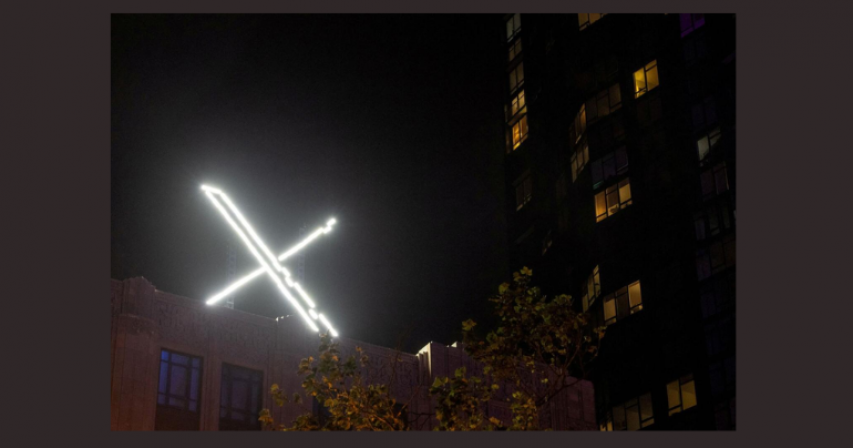
In a recent development, Pakistan's Interior Ministry has confirmed the temporary blockage of the social media platform X, formerly known as Twitter, citing national security concerns. This move comes after users reported difficulties accessing X since mid-February, despite the absence of official announcements from the government.
The Interior Ministry disclosed this information in a written court submission, shedding light on the long-suspected shutdown of the platform. According to the ministry, the ban was imposed due to X's failure to comply with the lawful directives of the Pakistani government and address concerns regarding the misuse of its platform.
The decision to block X raises questions about freedom of speech and expression in Pakistan, as well as the government's approach to regulating social media platforms. While national security is undoubtedly a critical priority, the implications of restricting access to social media platforms must be carefully considered to ensure the preservation of democratic values and civil liberties.
The blockage of X has significant implications for Pakistani users, including journalists, activists, and ordinary citizens, who rely on the platform to communicate, express their opinions, and access information. With X being a primary source of news and a platform for public discourse, its absence could stifle public debate and hinder the free flow of information in the country.
Moreover, the lack of transparency surrounding the decision to block X raises concerns about accountability and due process. In a democratic society, government actions affecting fundamental rights should be subject to scrutiny and oversight, with clear justifications provided to the public. The absence of such transparency undermines trust in governmental institutions and erodes confidence in the rule of law.
The case of X also underscores the global challenge of balancing national security interests with the principles of free speech and digital rights. While governments have a legitimate interest in safeguarding national security, measures taken to achieve this goal must be proportionate, necessary, and consistent with international human rights standards.
Furthermore, the incident highlights the importance of robust and transparent mechanisms for engaging with social media companies to address concerns related to content moderation and platform misuse. Collaborative efforts between governments, civil society, and technology companies are essential to develop effective policies that uphold both security imperatives and individual rights.
As Pakistan navigates the complexities of regulating social media in the digital age, it faces a delicate balancing act between security concerns and the protection of fundamental freedoms. Moving forward, it is imperative for the government to engage in constructive dialogue with stakeholders, promote transparency in decision-making processes, and uphold the principles of democracy and human rights.
By: Sahiba Suri
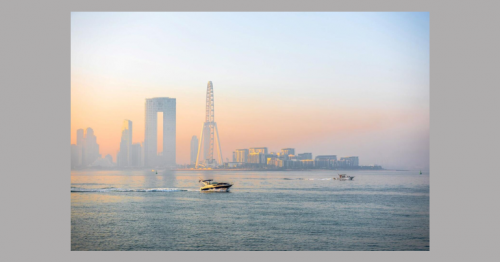
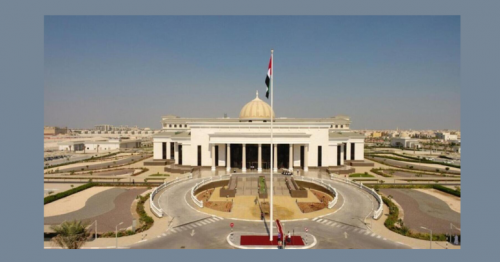

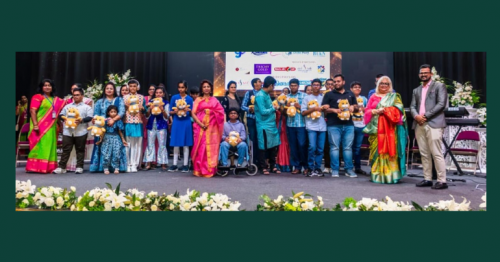
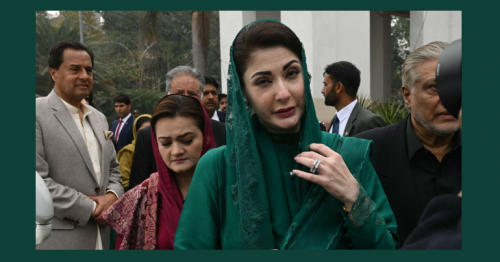
Comments